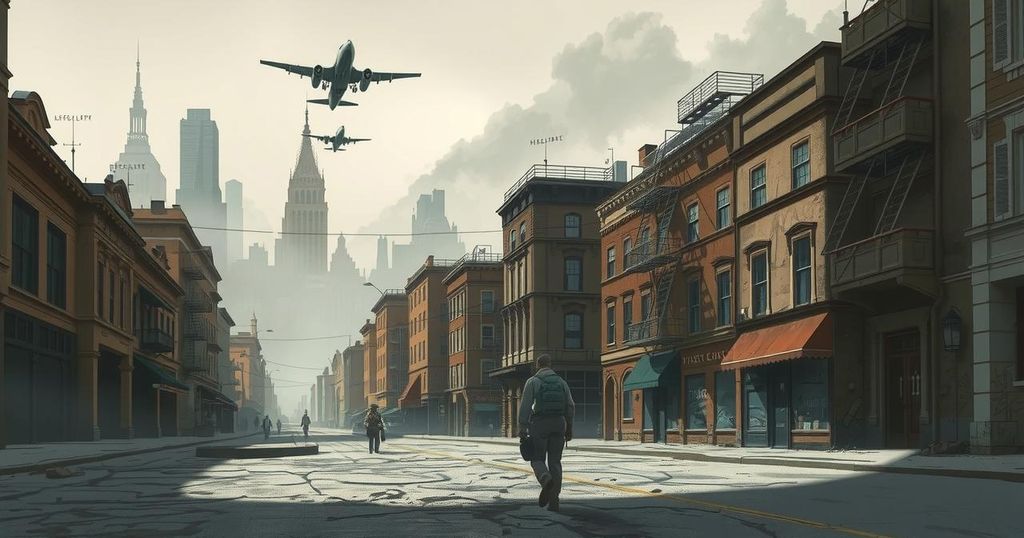Will Iran’s Hated Regime Implode?
Speculation is rife about the potential collapse of Iran’s regime amid military tensions with Israel. While public dissatisfaction grows, historical patterns suggest the regime may resist aggression rather than fall. As Israel escalates its military operations aimed at Iran’s nuclear ambitions, the likelihood of deeper U.S. involvement complicates the already fraught geopolitical landscape.
In recent discussions surrounding the future of Iran’s regime, many analysts characterize it as corrupt, bankrupt, and increasingly despised by its own people. Speculation intensifies regarding whether this regime is on the verge of collapse. Notably, Israel has ramped up military operations, declaring on June 16th that it possesses “full air supremacy over Tehran.” The situation is dire, with reports of cars fleeing the capital and shuttered businesses, sparking debates among Iranians.
Notably, social media activity has revealed a particularly galling detail: some citizens are celebrating the assassinations of Iranian generals with emojis representing barbequed meat. This response highlights the regime’s failure in military strategy, and there is a hope among some that this humiliation may spark public uprisings or even a coup. However, it’s crucial to remember that the Iranian government’s default reaction has typically been to resist perceived aggression rather than surrender. Prolonged conflict, especially one causing significant civilian casualties, might ultimately bolster support for the regime in a country marked by intense nationalism, thereby complicating its potential demise.
Turning attention to Israel’s military objectives, the country seems fully dedicated to neutralizing Iran’s nuclear ambitions, with Prime Minister Netanyahu reportedly planning for multiple weeks of air strikes. For his part, Donald Trump faces three challenging options regarding Iran, with advisors urging him to take a decisive stance against the regime’s nuclear pursuits. As tensions heighten, the involvement of the United States appears to deepen, drawing it further into the fray as the Iraq-Iran conflict evolves.
Strikingly, the once formidable militia Hizbullah seems to be taking a backseat during this conflict, raising questions about shifting alliances and the balance of power in the region. The worsening conflict shows no sign of abating, and whether Iran’s regime will collapse or find new resolve remains unclear. Netanyahu’s fixation on Iran’s nuclear capabilities continues to dictate Israel’s strategic outlook, and as military actions escalate, the stakes for all involved grow exponentially.
In summary, the Iranian regime faces immense scrutiny and pressure, both domestically and from Israel. Despite the public’s discontent and military setbacks, historical patterns suggest the government is more likely to resist than capitulate. As Israel intensifies its military efforts, the potential for regional conflict to escalate draws in American involvement, making the situation even more precarious. As experts speculate about the regime’s collapse, the unpredictability of the years-long tensions raises profound questions about the future of Iran and its leadership.
Original Source: www.economist.com




Post Comment